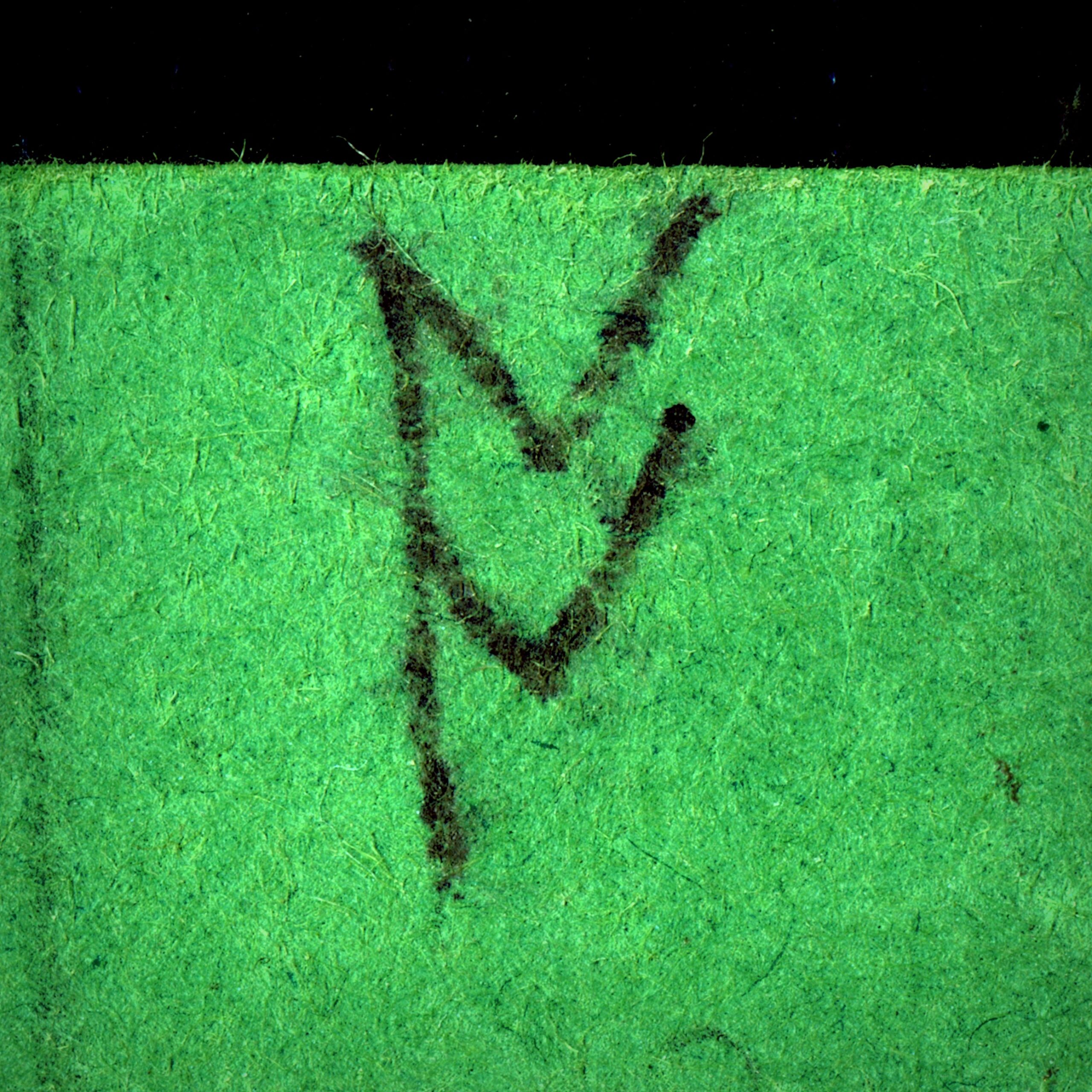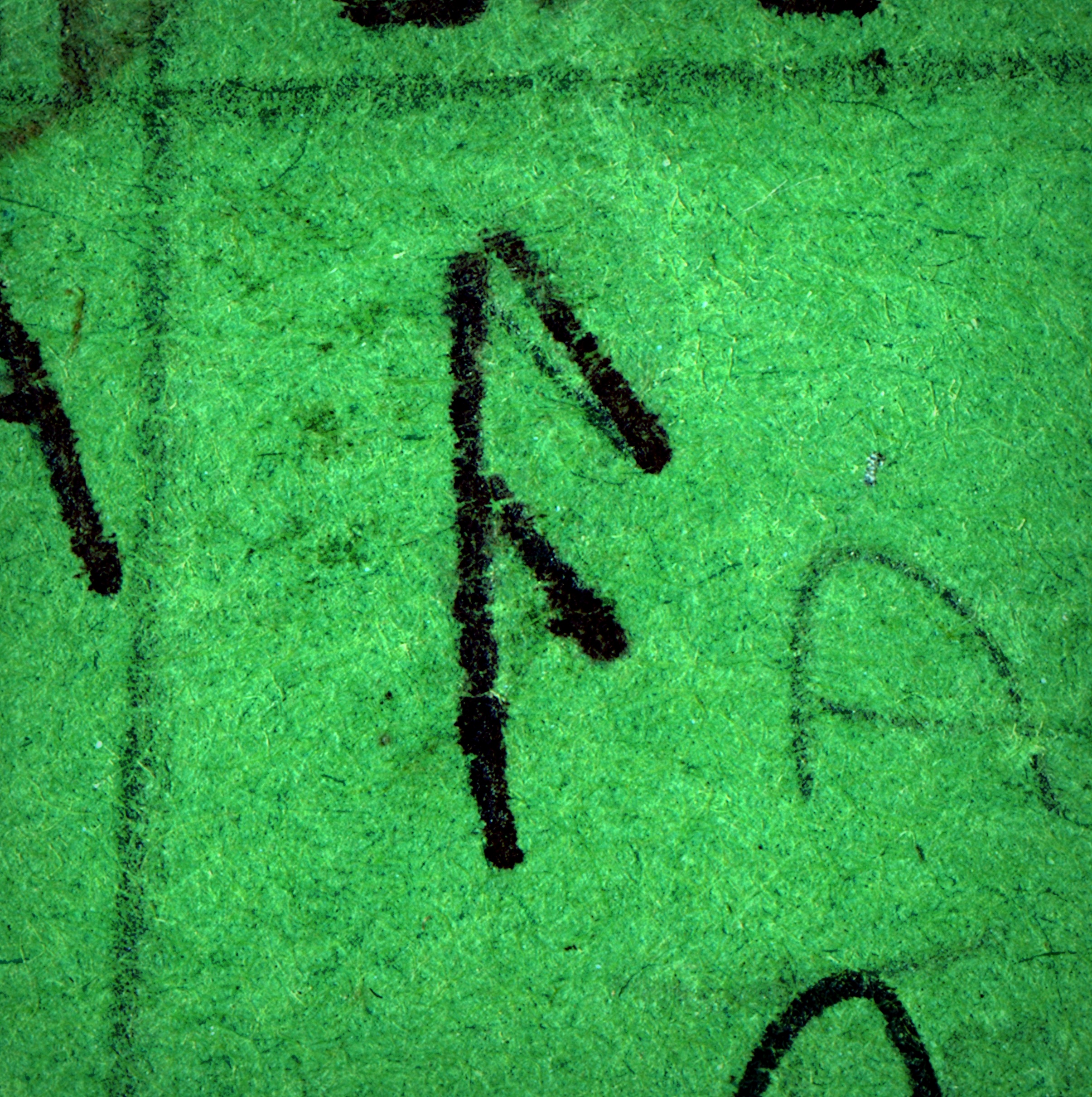 The ᚩ rune (O, Os) and the ᚪ (A, Ac) both started the same way, as new shapes of the ᚫ rune (Æ, Æsc) which once made the sound of the letter A, stood in the fourth position of the alphabet, and meant God. The A sound changed very early in the lifetime of Old English, vowels are shifty, and this one changed into O and Æ, so new runes were made with new meanings to represent the new sounds, and appropriate places were found for them in the alphabetic line up. Æ, sounds like the A in ash tree, which is its meaning, this is one of a whole grove of trees in the Rune Poem. It kept the original rune shape ᚫ while the others are derived from it, and was moved opposite it’s original 4th position to the 26th place. They put it there so it can … More
The ᚩ rune (O, Os) and the ᚪ (A, Ac) both started the same way, as new shapes of the ᚫ rune (Æ, Æsc) which once made the sound of the letter A, stood in the fourth position of the alphabet, and meant God. The A sound changed very early in the lifetime of Old English, vowels are shifty, and this one changed into O and Æ, so new runes were made with new meanings to represent the new sounds, and appropriate places were found for them in the alphabetic line up. Æ, sounds like the A in ash tree, which is its meaning, this is one of a whole grove of trees in the Rune Poem. It kept the original rune shape ᚫ while the others are derived from it, and was moved opposite it’s original 4th position to the 26th place. They put it there so it can … More
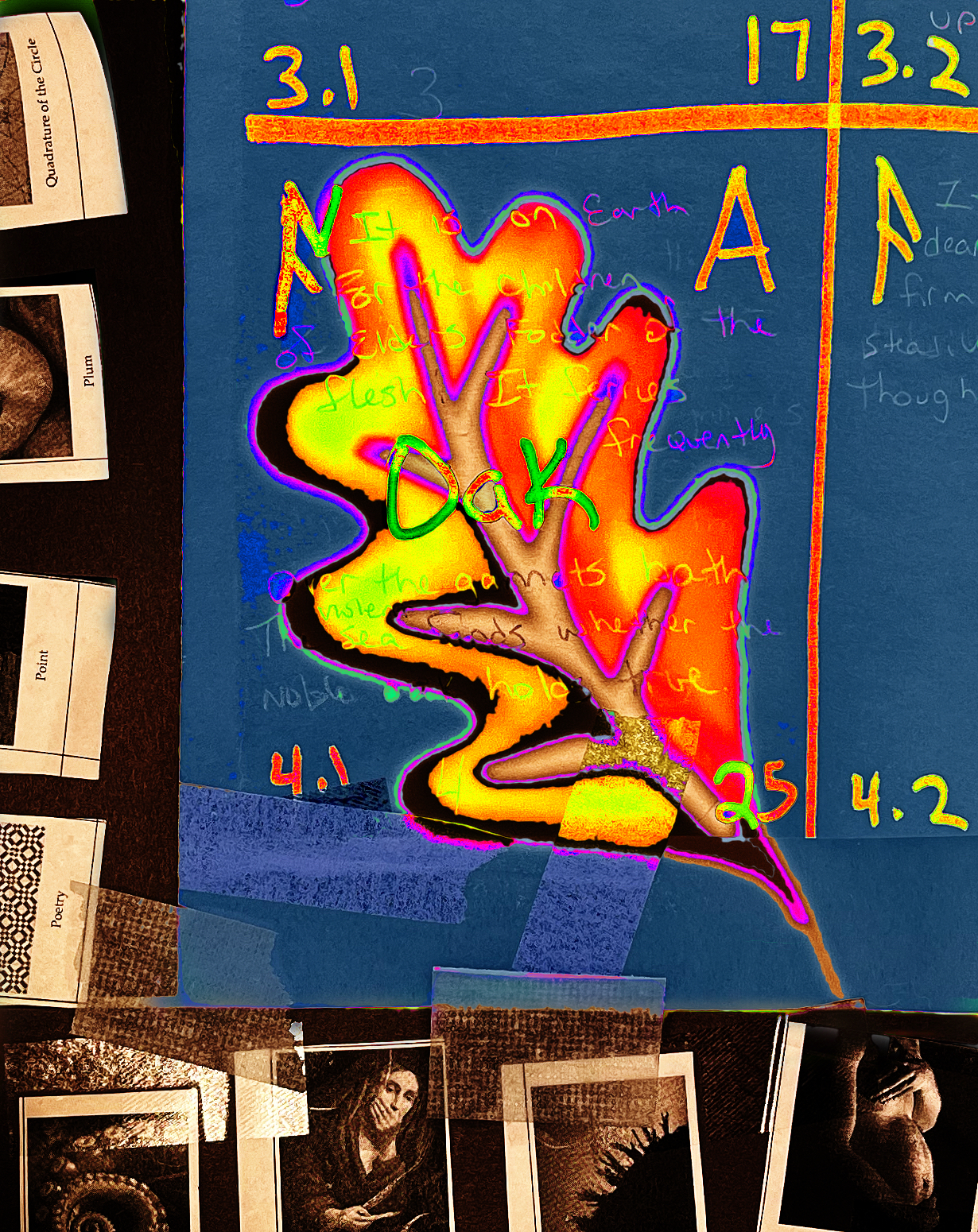
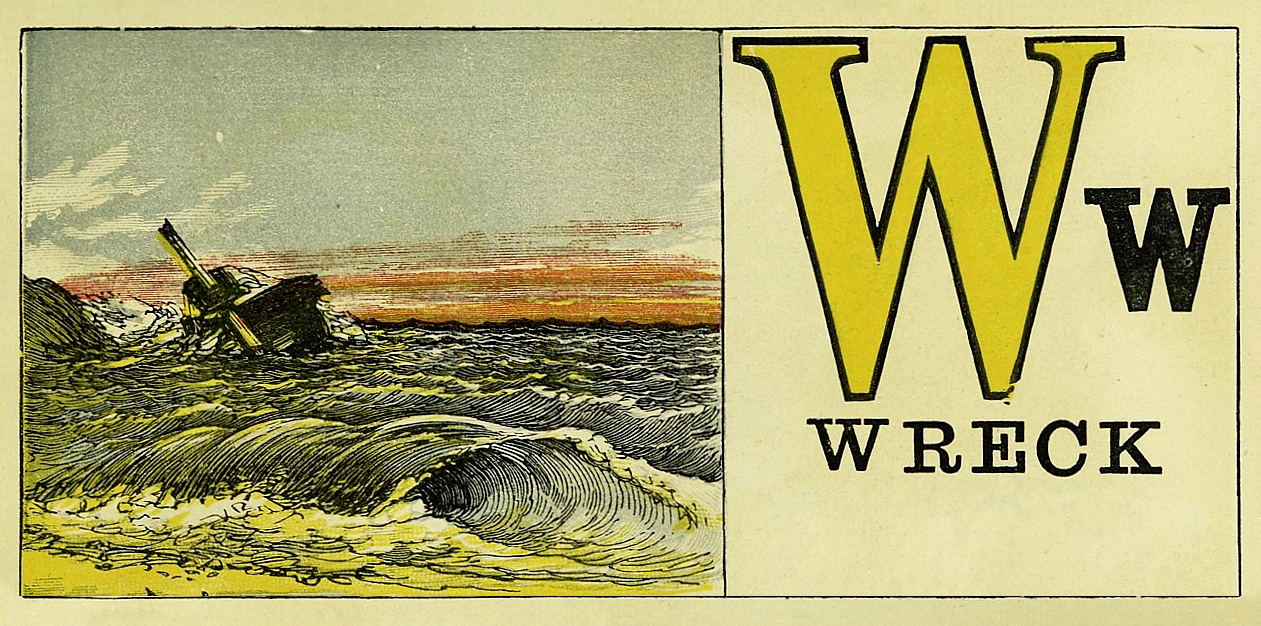

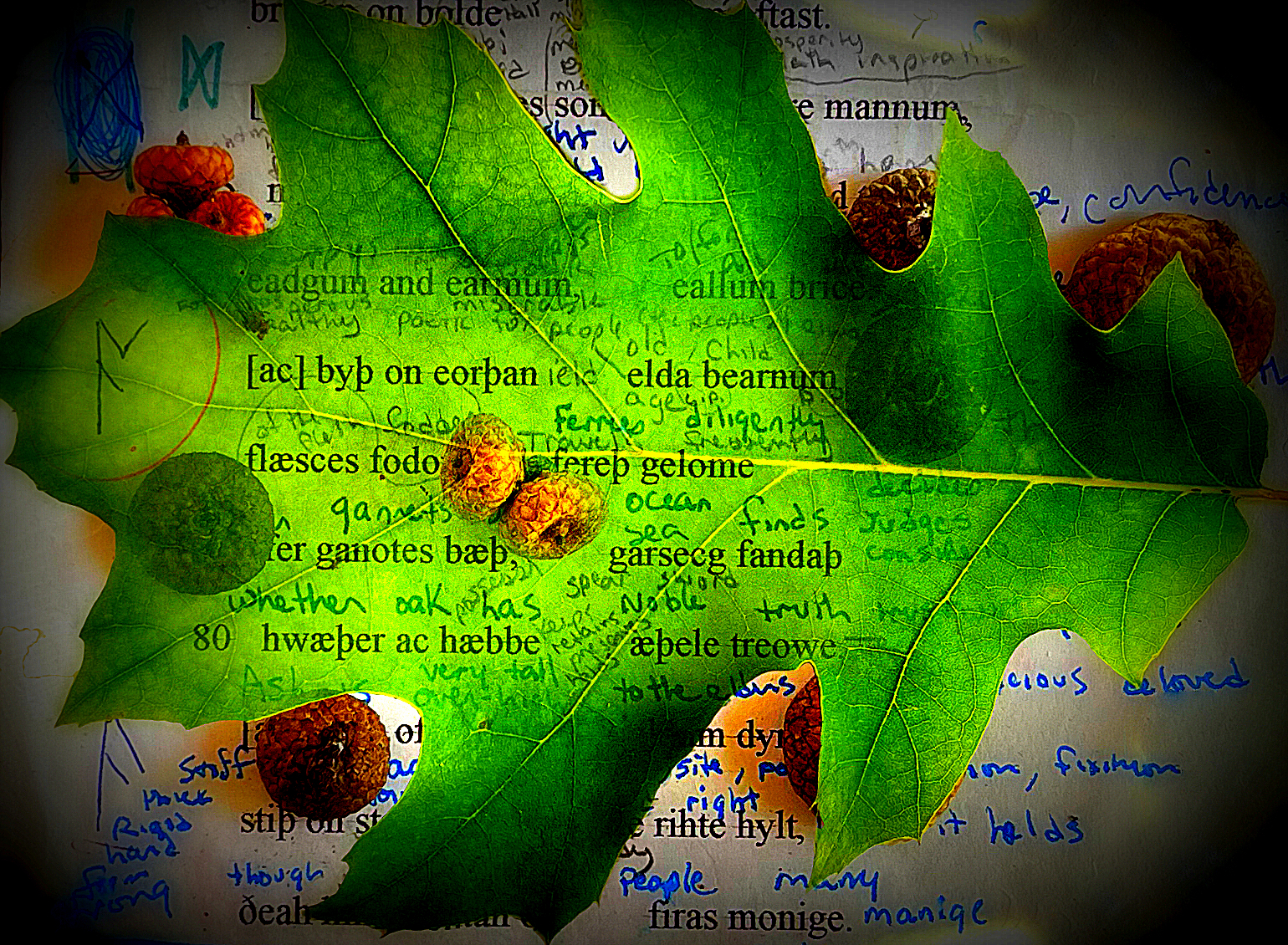
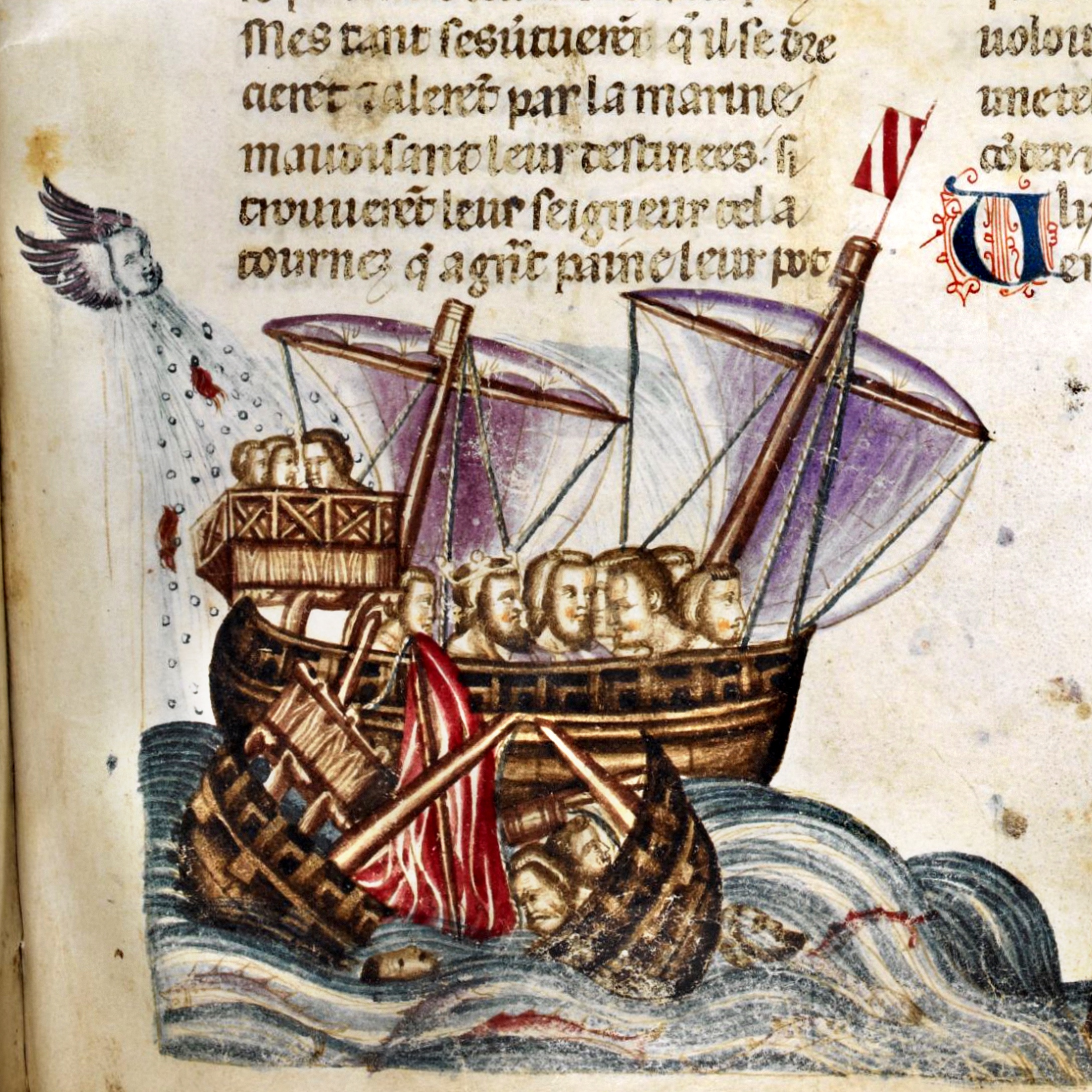 Provision yourself, because Ac says you are going on a journey and it won’t be smooth sailing. You’re already gone, you know that? Warning: these choppy waters might shatter you into matchwood. You’re about to find out what you’re made of. What were you made for? This. You were made for this so hold true.
Provision yourself, because Ac says you are going on a journey and it won’t be smooth sailing. You’re already gone, you know that? Warning: these choppy waters might shatter you into matchwood. You’re about to find out what you’re made of. What were you made for? This. You were made for this so hold true. The
The 